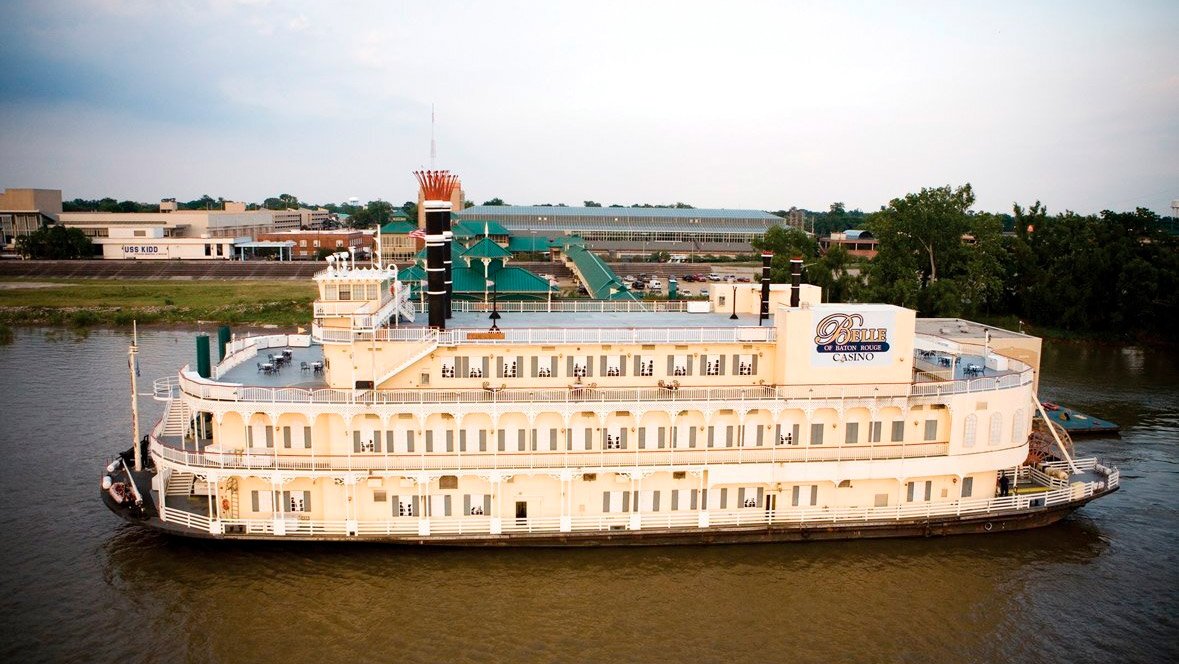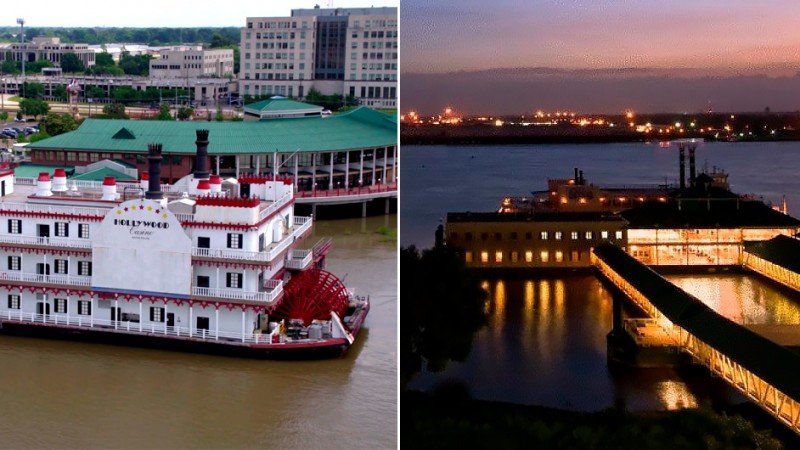Louisiana: Belle of Baton Rouge riverboat casino plans $35M in-land relocation by 2024

The Louisiana Gaming Control Board approved last week the move of the Belle of Baton Rouge riverboat casino onto land in a $35 million project that is expected to create 200 new jobs. The relocation process is set to start next April and be completed in May 2024.
There will be a 16,500-square-foot gaming floor in the atrium of the property along the riverfront in downtown Baton Rouge as well as an oyster bar/bistro, featuring a pizza station, wine bar and bowling lanes. There will also be a 2,500-square-foot sportsbook and lounge. The property would operate 316 slot machines and 14 table games.
The plan will also bring back the casino's hotel, which will reopen after a renovation. The hotel has been closed since the 2020 COVID-19 pandemic, and while the Belle hotel had 288 rooms, the first phase of renovations will involve remodeling and reopening only 90 rooms, reports The Advocate.

There would also be cruise line dock access, which would be used by American Cruise Lines, which would dock riverboats there for 10 hours, according to WBRZ-TV.
Terry Downey, President and CEO of casino owner CQ Holdings, commented that it is “a massive building," and pointed out that there is “unlimited potential” on this property. He also confirmed that demolition has already started inside the hotel.
The renovations will make the casino “a very boutiquey, very fun” place, Downey said, as reported by the cited source. There will be a modern industrial theme to the décor, with railroad ties used as dividers in the hotel lobby and a hostess stand made from the wheels of a railroad cart.
CQ Holdings' riverboats in Baton Rouge
The Belle is the oldest casino in the market, but the aging property has fallen behind market leader L’Auberge Baton Rouge. This will be the second riverboat casino to move onshore in Baton Rouge. Hollywood Casino, also owned by CQ Holdings, broke ground in 2021 and is expected to move landside in mid-2023.
However, the relocation process for Hollywood Casino has encountered setbacks in the construction of the new venue, as it was delayed with supply chain issues, such as a shortage of steel supply and changing prices, and low river water levels.

















































